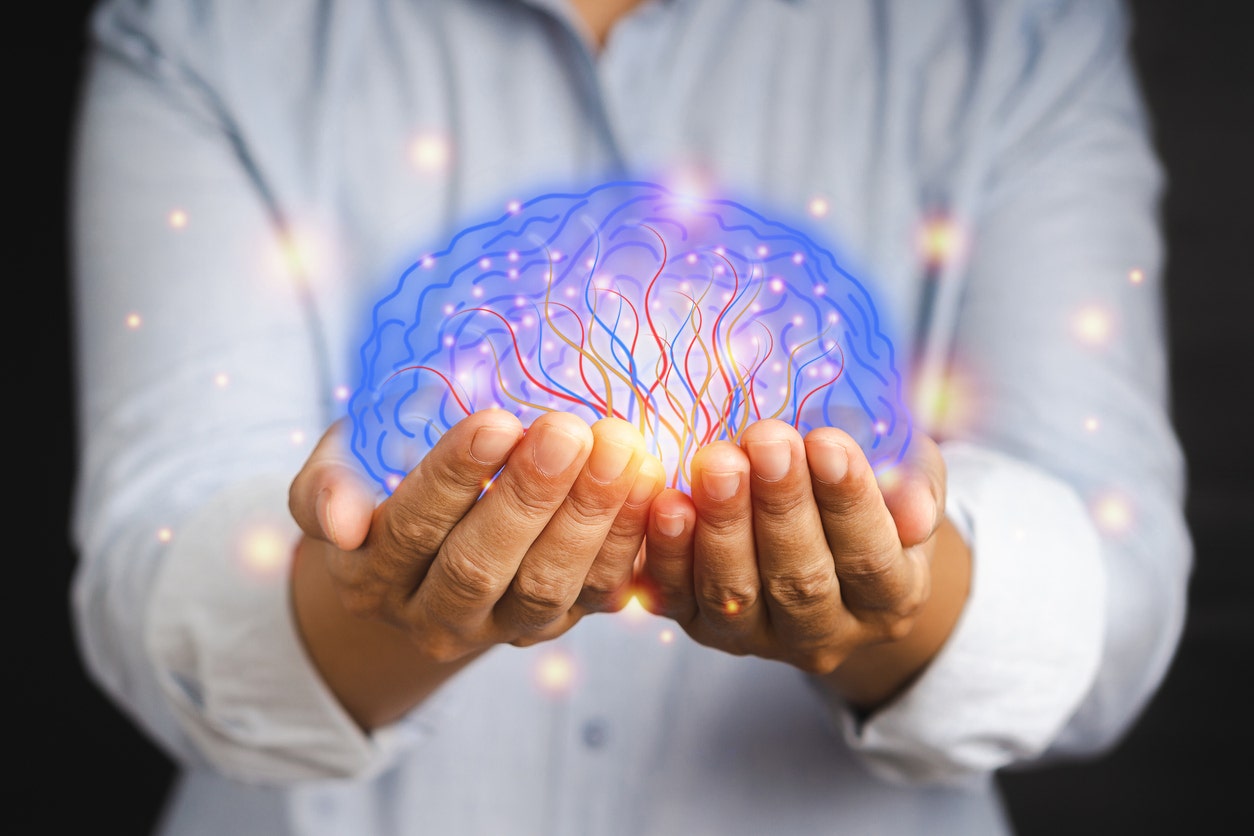Our schools’ war on AI is a national security threat
America’s mindset toward AI, particularly in the classroom, undermines its ability to compete
How is artificial intelligence affecting kids?
Log Off Movement CEO Emma Lembke and teacher Matt Miles discuss the impact of artificial intelligence on kids on ‘The Story.’
Since the beginning of the AI race, the United States has been working hard to stay ahead. But it is time to realize that America’s superiority is at risk. The key intertwined contributing factors include the broken U.S. education system and fear of job loss.
To stop the American AI leadership erosion we must think and act differently.
To change the future, we must first change our thinking. Recent surveys suggest that 61% of Americans feel that AI is a threat to humanity, and another 17% are unsure if it is or not! Clearly, then, it is not surprising that Americans are concerned about AI in education despite its benefits for empowering students and preserving global leadership.

To stop the American AI leadership erosion we must think and act differently. (iStock)
American workers are afraid of job losses sensationalized in the media. Labor unions like screenwriters are following old habits of pushing back on technology. This is the same mindset that forced the migration of U.S. manufacturing to China in the ’70s.
TEACHERS TAKE AI CONCERNS INTO THEIR OWN HANDS AMID WARNING TECH POSES ‘GREATEST THREAT' TO SCHOOLS
The anticipated job changes are real across the globe. AI is quickly impacting knowledge workers like administrative employees and legal professionals and challenging the conventional role of many in other jobs. But the answer is not to avoid AI but to learn to work differently. The impact on the skills needed for tomorrow is also very real. But, again, the answer is not to avoid teaching it to the new generation in hopes that it will go away.
The U.S. must transform its mindset and education system to implement AI-led programs that protect its economic and national security. The country should also help workers transition to a new world dominated by AI-powered jobs. The mindset must drives teachers to think and teach differently and students to learn and apply their capabilities differently. Only then will those students help America secure her global competitiveness.
America’s mindset toward AI, particularly in the classroom, undermines its ability to compete in the AI race. By including AI in public school curriculums and teaching kids how to focus on creativity and understand the ethical use of tools, China's Hong Kong is preparing upcoming generations to lead a world redefined by AI.
America is training for the now. We are not teaching our youth how to create, innovate and take things to the next level. Instead, politicians are introducing legislation to keep AI away from kids, and college professors want written assessments and oral exams to avoid "cheating" with AI tools.
The world’s AI-influenced future holds great promise for innovation, productivity and convenience. But the overburdened and outdated American education system must be redesigned to acknowledge and respond to this new reality.
As financial returns have become the primary measure of institutional success, teacher shortages and crowded classrooms have become a nagging problem across the board. Simultaneously, underpaid teachers are reluctant and unprepared to change their teaching drastically to fit an unknown new world.
Politics has entered classrooms and learning to improve and globally compete has replaced itself with learning to push a social causes, impacting education priorities. Additionally, both parties’ partisan views of AI in education prevent new consensus curriculums from being formed.
America’s future can only be on solid footing if its education system is responsive to the changes in the world. Education about AI requires the way we teach to change. AI chatbots in education could teach children to read in months, be a cost-effective alternative to tutoring, and let teachers do their jobs better.
We must stop dictating the mechanics of learning and teach people the purpose of their studies. We must abandon teaching mathematical routines and formulas and focus on creativity and innovation. We have to focus on what is important to express and not be afraid of an AI machine writing it. We have to learn to use AI to make our kids smarter and prepared for a fast-evolving humanity.
Hunting for food and collecting water used to be the standard way of providing for your family. We taught those skills to our children, but in modern societies, the supermarket does that job. Not long ago, personal computers and remote learning were considered a threat to education.
Way before AI existed, people believed tradition and technology were in a fight to the death. That belief was not true, and this new disbelief in AI’s role in our future is not either. Children always find a way to cheat. We’ve survived the proliferation of calculators, spell checkers, and other innovations. In the process of change, the consequences that have resulted may not have appeared ideal, but the benefits have been required for humanity to evolve.
Without adequate education, children will be susceptible to deep fakes, scamming and other abuse. They’ll be ignorant about the world and lack the skills future employers will need. The real danger is that if we don't act now, in a few short years we won’t have the right leaders to operate in a hyper-competitive world. America will be stuck in the past while India, China and other nations dominate the world.
No matter how behind in the AI race some countries may seem, technology moves quicker than humans do. AI can become the determining factor of success or ruin for an entire country. Ukraine's AI-assisted military tactics have been life-saving, but the Dutch Tax Authority’s algorithms have caused suicide and poverty, and other tools may have more extreme effects. America may be in the lead now, but her security and prosperity will always be at risk while competition stays alert and ambitious.
CLICK HERE TO GET THE OPINION NEWSLETTER
On the worldwide stage, the United States has no room for mistakes with AI. We must educate our youth or prepare for complete economic instability. Americans must get over the fear of AI. Teachers must learn to change and not be afraid of losing their jobs. Students must understand AI and know how to maneuver through the dangers and the opportunities it offers.
To build a better future, in the words of President Lyndon B. Johnson, we have to endure the painful while focusing on building a new solid educational foundation for growth and prosperity.
CLICK HERE TO GET THE FOX NEWS APP





